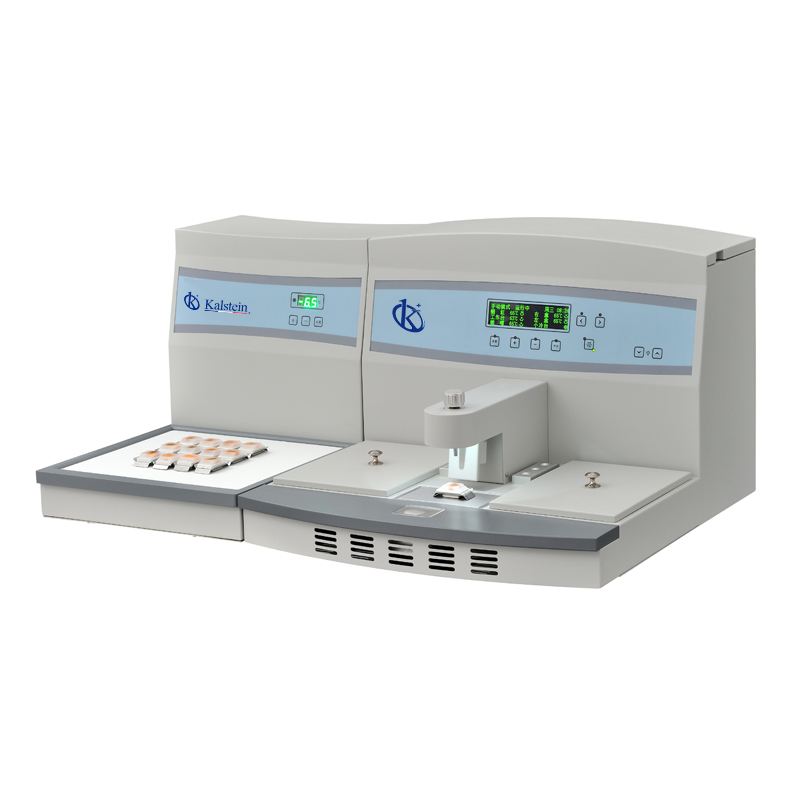Pathological Anatomy: Detecting Diseases Before It’s Too Late

Modern medicine is a vast and constantly evolving field, but one particular specialty has invaluable value in the accurate diagnosis and effective treatment of a broad range of diseases. We’re talking about Pathological Anatomy.
Pathological Anatomy: The Hidden Art of Diagnosis in Medicine

Pathological anatomy is a medical discipline focused on the diagnosis of diseases through the examination of the structural and functional changes in human body tissues and organs. In my experience as a pathologist, I’ve come to appreciate the profound and wide-ranging knowledge this specialty provides, allowing me to better understand disease processes and help guide the appropriate therapeutic approach.
Essential Guide to Pathological Anatomy: Understanding the Story Our Body Tells

Pathological anatomy is a fascinating and vital medical discipline that requires a good understanding. At its core, it is about studying diseases at the level of organs, tissues, and cells. It’s literally like reading and translating our body’s secret language, its story told through microscopy.
Understanding The Human Body: Revealed Pathological Anatomy

The marvels of medical science continue to astound us. One of its most fascinating, and often less understood fields, is pathological anatomy.
How Pathological Anatomy Reveals the Secrets of Our Cells

Pathological anatomy is a fascinating scientific field that uncovers the intimate characteristics of our cells. It helps us understand their structures, functions, and provides significant insight when they behave unusually, as in the case of diseases or abnormal health conditions.
Decoding Diseases: A Journey Through Pathological Anatomy

Pathological anatomy is a compelling field that decodes the very nature of diseases and disorders that might lurk within our bodies. Like a detective tirelessly working to unveil the intricacies of a crime, in our case, it plays a vital role in recognizing, diagnosing, and understanding diseases. It has a knack for and responsibility of reading a range of subtle and glaring signs, whether in individual cells, tissues, or even whole organs.
Pathological Anatomy: Behind the Microscope of Medicine

Pathological Anatomy is a vital branch of medicine that helps us to understand and comprehend diseases in depth. It is one of those tools in the medical laboratory that allows us to see beyond clinical symptoms and signs. This medical specialty focuses on analyzing tissue and body fluid samples to diagnose diseases. As someone who has worked with it, I can attest that it allows us to uncover the exact nature of a disease and provides a clear pathway for appropriate treatment.
10 Reasons Why You Need Analyzers Today

Analyzers are specialized pieces of equipment that serve as vital tools in any laboratory. These high-tech devices analyze the content of various samples, providing us with specific and accurate data in the shortest time possible. Whether they are biochemistry analyzers, hematologic analyzers, laurientesis analyzers, or solution element analyzers, they all offer us that precision we need in performing our laboratory tasks.
Transform Your Business with Analyzers

Analyzers are essential tools in any laboratory seeking to generate accurate and high-quality results.
Everything You Need to Know About Analyzers

As an experienced user of several analyzers, let me immerse you in the intriguing world of these laboratory apparatus. Analyzers are fundamental pillars in clinical and research settings, assisting specialists and scientists in inspecting everything from liquids to tissue cells, providing infallible results on each test. They come in a wide variety; from biochemical to coagulation analyzers, and are the first line of defense for many health issues, offering early and accurate diagnosis.
